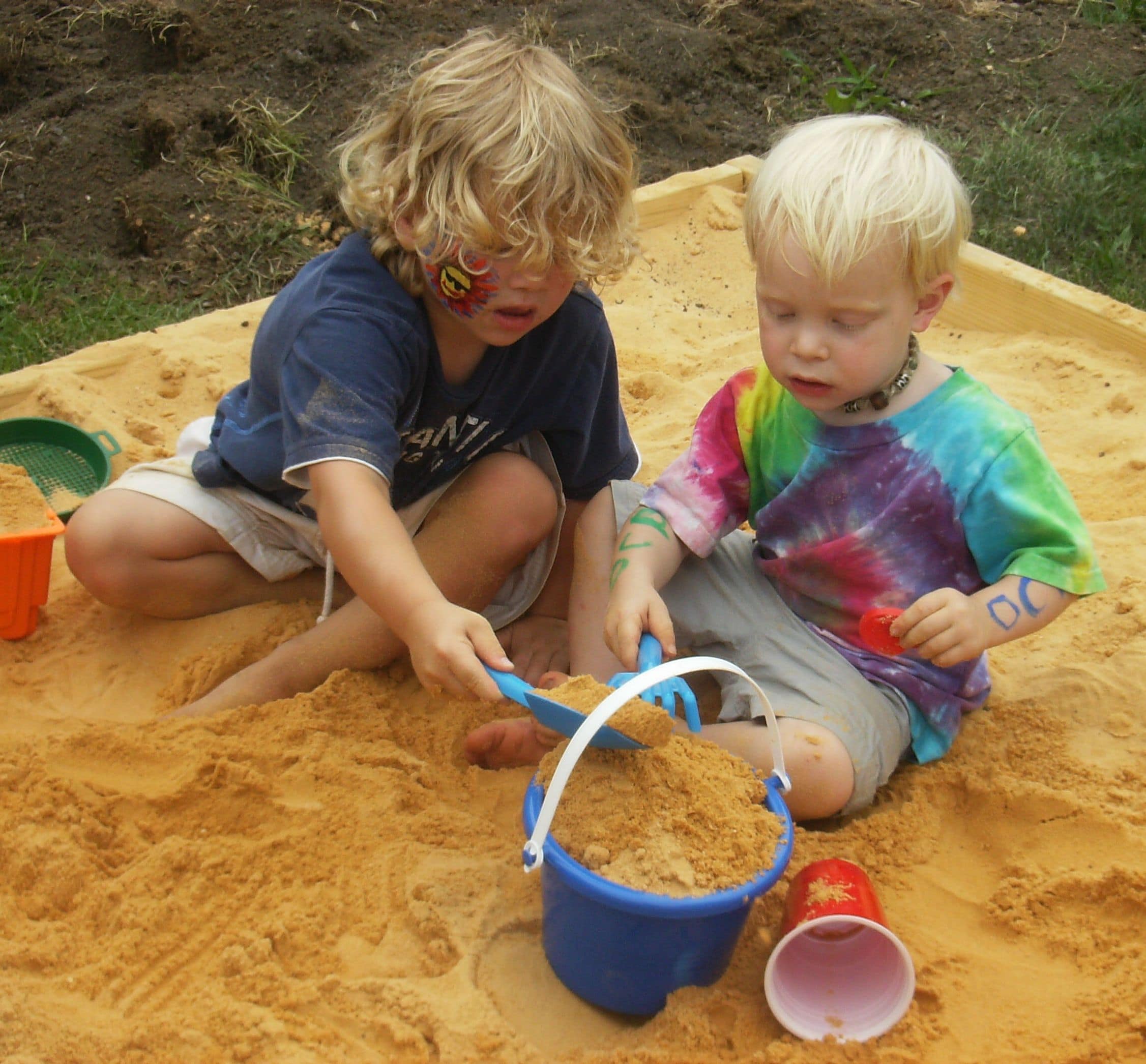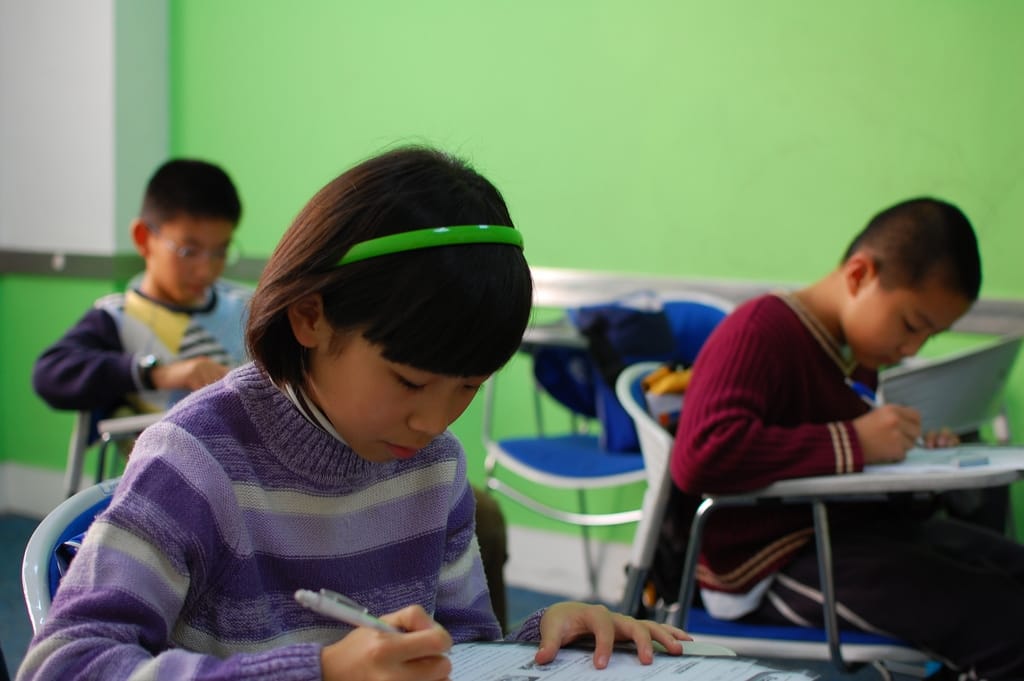Donald Trump’s ‘covfefe’ tweet has invited ridicule and raised some serious questions (such as ‘what was he thinking?’). However, the most important question has so far remained unasked: can his mistyped tweet be called ‘creative’?
Bridging the gap between research and practice is a challenge, also in the field of educational psychology. In this blog post, Henderien Steenbeek, who works at both Teachers College and the University of Groningen, explains why and how she contributes her bit to reducing the gap.
In September 2016, the Department of Psychology starts five new international master’s tracks. These tracks link psychological knowledge to particular fields of application, to prepare students in the best possible way for the job market in their respective fields. All tracks seem promising, but how do you pick the track that is right for you?
Is the way we assess learning in higher education killing its very central aim: learning? It is, if Eric Mazur from Harvard University is to be believed and he makes a very convincing case in the talk he gave in Groningen a few weeks ago. Read on to see what students and staff from our department think about it.
What do the children’s behaviors teach us about learning? In educational and psychological studies, reasoning skills and peer interaction have been a primary focus of attention. Examining how children solve problems and how they interact with each other constitutes an ideal scenario to understand the learning process.
Have you ever wondered how the Psychology Education Committee works? Recently, on behalf of Diemensies, Ruud Wassink and I interviewed two student members about their tasks, making improvements to the educational program, and how students can help.
A few weeks ago, we talked with the Education Director of the Psychology Department, professor Karel Brookhuis, about the Lecturer of the Year Award, how candidates are selected at our faculty, and how he sees the future of education. You can listen to the interview in this post.
I have completed the end of my third year in the English-language Bachelor of Psychology programme. Being in the Honours College has enriched my understanding of research in psychology in a tremendous way. Here, I can look back at a wonderful experience and look forward to more fruitful research experiences.
While it is a good idea to track children’s academic development, there are some serious disadvantages to the use of standardized tests. Both the usage of tests and characteristics of the tests themselves could obstruct primary school students’ learning process, if we’re not careful.








